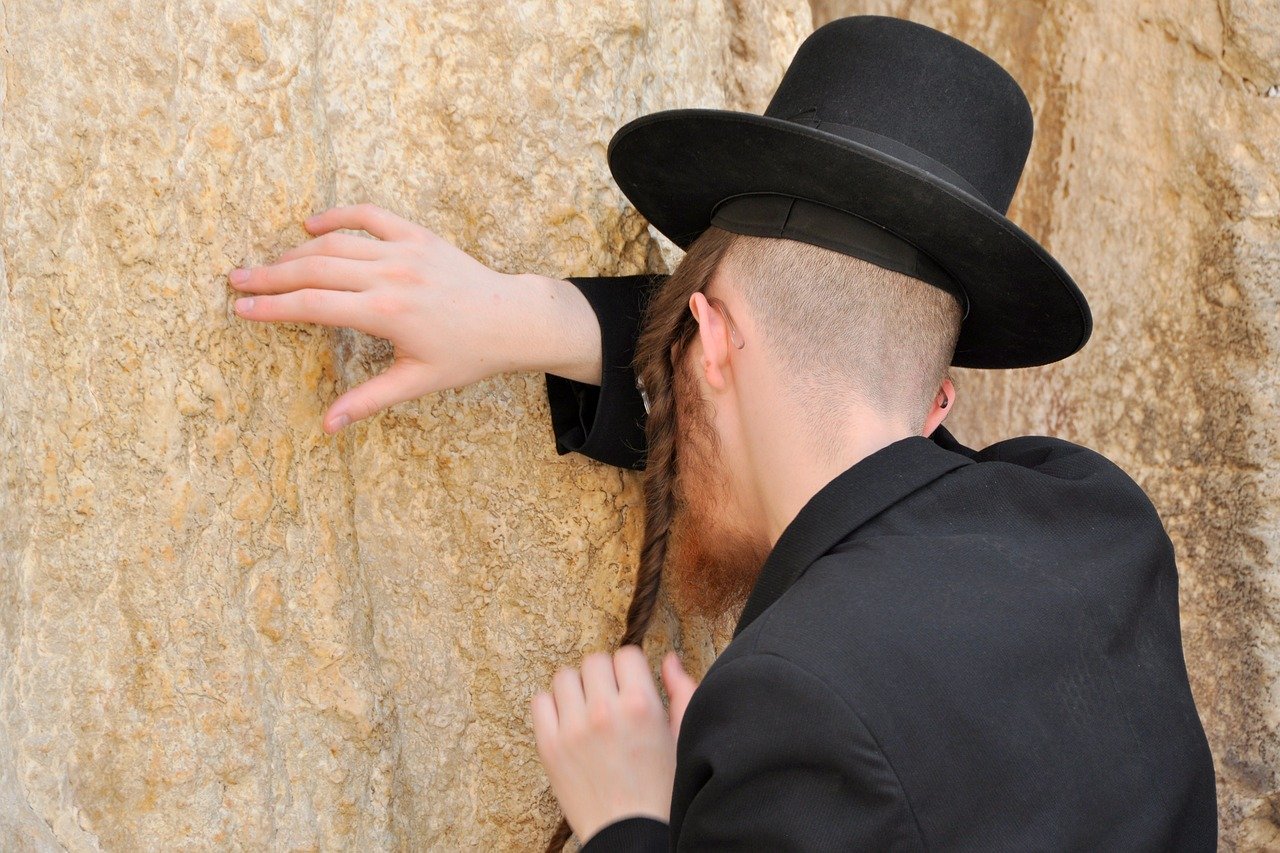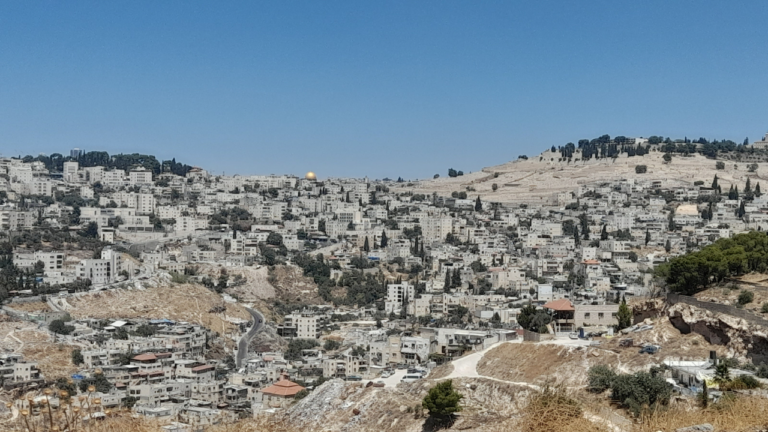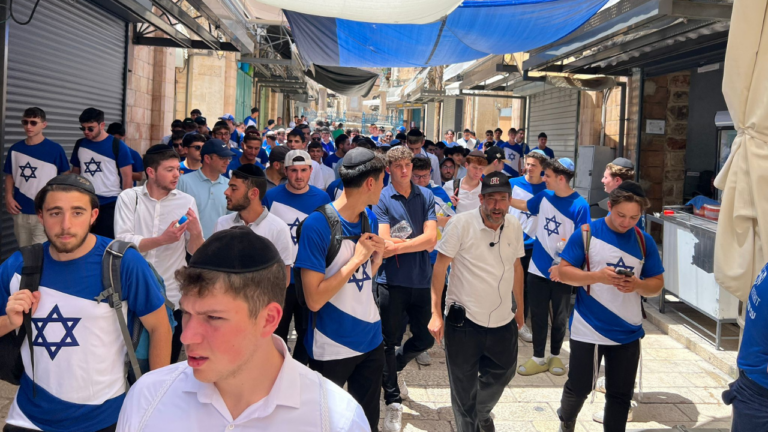Praying Alone But With The Community
The beginning of the book of Vayikra deals with the laws of sacrifices. God’s first words to Moshe in this section of the Torah are: “Speak to the Jewish people, and say to them: When a man from [among] you brings (adam ki yakriv mikem) a sacrifice to the Lord.” What is the meaning of the word “mikem” (from you)? On a simple level, the Torah is identifying the bringer of the sacrifice as coming from you i.e. from the Jewish people, as opposed to a non-Jew.
While affirming this translation, many commentators offer an additional interpretation for the word mikem. Instead of “mikem” identifying the bringer of the sacrifice as an individual from a larger group of the Jewish people, the word also refers to the content of the sacrifice itself. On a physical level, the person offers an animal sacrifice to God. However, on a deeper and psychological level, the person is offering himself (mikem). As the prophets emphasized time and time again, sacrifices are not simply a ritual that works like magic but must be accompanied by a deep psychological and spiritual transformation. Bereft of the person offering himself, the sacrifice is deficient.
The Sefat Emmet notes that these two interpretations of the word mikem complement each other and need to be synthesized. The second interpretation emphasizes the individuality of each person. Each person contains a unique soul that must be offered to God. The first interpretation, though, sees the bringer of the sacrifice as part of a collective – from amongst the Jewish people. The bringer of the sacrifice must embrace both identities in order to have his sacrifice accepted by God.
Today we no longer have the Beit HaMikdash, but we can find a parallel idea regarding our prayers which are the substitute for sacrifices. On the one hand, we all pray as individuals. We all have our own unique challenges, struggles and needs and each of us find a different meaning in the words of our prayers. Simultaneously, though, there is a notion of communal prayer in which a person sees himself as part of the larger collective.
In addition, even when a person cannot pray with the requisite quorum, a person connects his prayer with the broader Jewish people in a different way. The Mishna teaches us that all Jews are supposed to pray towards the Beit HaMikdash in Yerushalayim. Even if a person cannot physically turn his head in that direction, he is supposed to turn their hearts towards this location and think about it when they pray. Why is this necessary? Perhaps one reason is to unify the Jewish people despite their physical separateness. Yerushalayim and the Beit HaMikdash represent Jewish unity and when all Jews pray in that direction a person prays not only as an individual but also as a member of the Jewish people. This way, a person fulfills both meanings of mikem – an individual person offering their unique souls to God and a member of the broader Jewish collective.
May all of our prayers from quarantine be unified in Yerushalayim and rise directly to God!



